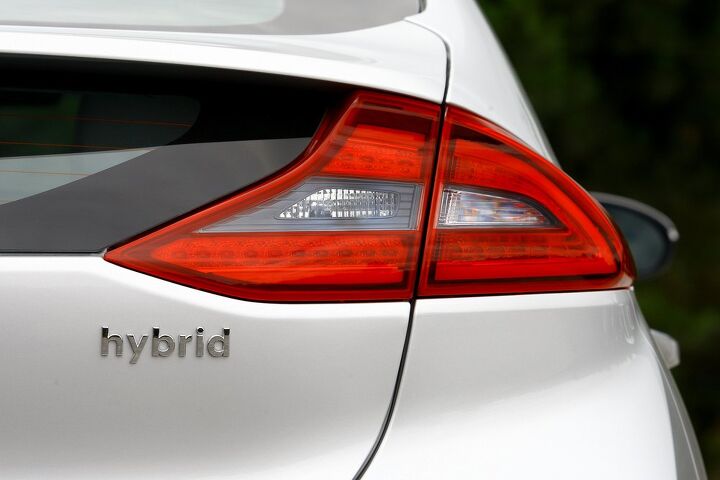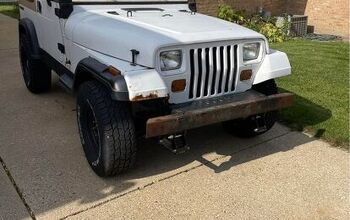Are Hybrids More Reliable Than ICE Vehicles?
The popularity of electric vehicles (EVs) is on the rise, yet they face challenges regarding reliability. Consumer Reports' 2023 Annual Auto Reliability Survey reveals that, on average, new EVs present 79 percent more problems than internal combustion engine (ICE) vehicles. Electric pickups are particularly less reliable, marking the least reliable vehicle category.
Comparative Performance: Hybrids, PHEVs, and ICE Vehicles
Hybrids emerge as more reliable options, experiencing 26 percent fewer problems than ICE vehicles. Conversely, Plug-in Hybrid Electric Vehicles (PHEVs) show an average of 146 percent more problems compared to ICE vehicles. This variance highlights the diverse performance of electrified vehicles.
Insights from Consumer Reports' Auto Testing Director
Jake Fisher, Senior Director of Auto Testing at Consumer Reports, notes that EVs are relatively new in the mainstream market. He observes some positive trends in EV reliability but advises consumers to consider models beyond their first year of release for better reliability.
Asian Brands Lead in Reliability, Challenges for Domestic Manufacturers
Asian auto brands, particularly Lexus and Toyota, dominate Consumer Reports' 2023 brand reliability rankings. In contrast, U.S. manufacturers face challenges, with Buick being the highest-ranked domestic brand at 12th place, and Chrysler ranking last.
Tesla's Performance in Battery and Charging
Tesla models, specifically the Model Y and Model 3, show comparatively fewer issues in battery and charging, diverging from the general trend of EV problems in these areas.
Consumer Reports' Comprehensive Data Analysis
The 2023 survey encompasses feedback on over 330,000 vehicles, covering 20 potential problem areas including engine, electric motors, and in-car electronics. This data forms the basis for predicting new car reliability.
Evolving Auto Market Demands
Consumer Reports' President and CEO, Marta L. Tellado, emphasizes the unchanging consumer need for safe and reliable cars, despite shifts in the auto market. The organization's annual report aims to guide buyers towards dependable vehicle choices.
New Trouble Areas for Electrified Vehicles
With the growing presence of hybrids and EVs, Consumer Reports has added specific trouble areas to its survey, such as Electric Motor, EV/Hybrid Battery, and EV Charging, to better assess these vehicles' unique challenges.
Changes in Overall Score Calculations for Safety
Starting with 2024 models, Consumer Reports is adjusting its Overall Score system. Vehicles lacking standard automatic emergency braking with pedestrian detection will see a deduction in points. Similarly, active driver assistance systems without effective direct driver monitoring systems will lead to a score reduction.
Electric Vehicles: Varied Problems Across Brands
EVs, including electric SUVs and pickups, continue to be less reliable. While Tesla faces challenges with body hardware and climate systems, other brands struggle more with powertrain, battery, and charging issues.
Hybrids Outshine PHEVs in Reliability
Hybrids are proving more reliable than both EVs and ICE vehicles. In contrast, PHEVs, due to their complexity, exhibit greater reliability issues.
Overview of Brand Performances
The survey provides a detailed analysis of various brands, highlighting their specific strengths and weaknesses across different models and categories.
This article was co-written using AI and was then heavily edited and optimized by our editorial team.
More by TTAC Staff
Latest Car Reviews
Read moreLatest Product Reviews
Read moreRecent Comments
- Daniel China can absolutely make quality products when contracted at the right prices or their car companies trying to compete. However, I doubt any of their nearly 100 EV companies would even want to try to break into the US market with a 25% tariff (Polestar pays this) and the huge service and support network needed other than *maaaaybe* BYD eventually and only then if they end up using their upcoming plant in Mexico for not just Latin America, but decide to try the US market without the tariffs. They def would need to have excellent quality and support to be taken seriously, we'll see!
- VoGhost I know one commenter who would love to live in Kia towers.
- VoGhost Matt, do us all a favor, will you? Since you love the term 'EV mandate' so much, could you please point to a single country or state that has mandated that consumers buy an EV? At any point in time - historical or the future. Just one, Matt. Just a single place where the term 'EV mandate' is even close to being true.
- VoGhost Just so we all have this correct, you're saying that the red states that refuse to educate their children or fund healthcare for their citizens also want them to die earlier from fossil fuel pollution? OK. I see. Makes the decision in November a little more stark.
- Golden2husky The image that sustainable products are second-rate is a problem that the industry has to overcome. Best way to do that is to make sure your first effort is a home run right out of the box. Michelin is the type of company that can make it happen.


































Comments
Join the conversation